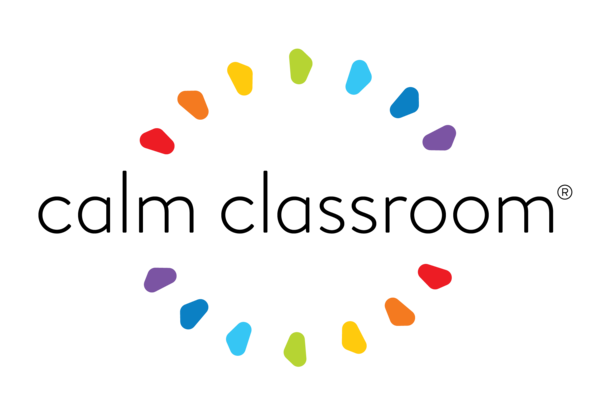How Covid Has Impacted Kids’ Mental Health and How SEL in Schools Can Help
Social-emotional learning, or SEL, has always been important for kids. Kids come to school to learn — but academic learning (such as reading and math) isn’t the only important skill they need to walk away with. Social-emotional skills, such as relationship-building and self-awareness, are just as important, if not more.
This may be especially true today, in a post-pandemic world. Students are finally returning to “normal” in terms of school and learning, but that doesn’t mean that the pain of the past two years has come to an end.
Research shows that kids’ mental health has suffered during the Covid-19 pandemic, and some organizations are even calling it a global crisis. As kids return to school, teachers can focus on social-emotional learning programs to help their students cope with these immense difficulties.
How Covid Impacted Kids’ Mental Health
There is no sugarcoating it: we’re facing a global crisis in children and adolescent mental health. Kids' and teens’ mental health was already worsening before the pandemic. Covid-19, and all of the changes it caused, has made the situation even more dire.
Before Covid-19, the Center for Disease Control (CDC) reported that around 1 in 5 children lived with some sort of mental health condition. Even back then, only around 20% of the kids who needed mental health services actually received them.
Now, even more kids and teens are suffering. In some early reports, up to 70% of adolescents said that their mental health was negatively affected by the pandemic in at least one domain. One meta-analysis reported that the rates of depression and anxiety for kids and teens have nearly doubled during the pandemic.
Kids and teens are also experiencing more suicidal thoughts and suicide planning, which makes this literally a life-or-death situation. Mental health-related emergency room visits rose over 30% for teens aged 12 to 17 (and 24% for kids aged 5 to 11) during the early months of the pandemic. This was despite general ER visits for injuries or non-Covid diagnoses declining during the same months.
Although it may feel like the worst of the pandemic has passed, and kids are slowly returning back to “normal life,” it’s yet to be seen whether the negative mental health effects of Covid-19 will dissipate as quickly.
Why did Covid-19 affect kids’ mental health?
The pandemic changed kids’ lives in drastic ways, and most parents reported that the pandemic was the worst thing to happen to their child.
Part of the negative mental health effect of Covid-19 came from the pandemic itself. Worrying about the health of loved ones like grandparents may have increased kids’ anxiety levels. Kids who were already living in poverty may have had economic stressors due to the pandemic and any job losses that may have happened in their families.
Many students have faced a personal loss of a family member due to Covid-19. Although grief is a normal human experience, losing someone during a pandemic may have complicated grief processes and led to prolonged grief disorder or depression.
The social isolation that Covid brought also undoubtedly had a negative effect on kids’ mental health. Kids and teens are at a developmental stage when peer relationships hold the utmost importance. They’re figuring out who they are outside of their family relationships and building their own identities.
Covid-19 lockdowns came at a critical point in these kids’ lives. They were no longer able to have any in-person contact with their peers. It’s understandable why this may have caused symptoms of depression and anxiety in many young people.
In one study that measured the effects of (non-Covid related) lockdowns and isolations, around 30% of the kids studied had symptoms of post-traumatic stress disorder (PTSD) after being in lockdown or quarantine.
Some kids may have also been facing abusive or traumatic situations in their homes. School may have been a safe place for these kids to escape to, and Covid lockdowns may have taken this safety away from them.
In addition, there was already a lack of mental health services available for kids and teens. For many young people, school-based mental health counselors were the only services they had access to. When they were no longer able to attend school in person, they may have lost access to the only mental health support they had.
These are only some of the hypotheses regarding why Covid-19 may have worsened an already ongoing youth mental health crisis.
How SEL in Schools Can Help
It’s clear that we need more mental health support available in schools. Hiring more professionals, like school counselors, is a great start.
But only relying on these licensed professionals may not be realistic to get mental health support to every student who needs it. There just aren’t enough specialists in the workforce. The National Association of School Psychologists recommends 1 school psychologist for every 500 students. But right now, the number is closer to 1 for every 1000.
Ideally, the number of available school-based mental health professionals will grow. In the meantime, many schools are implementing classroom-based mental health support in the form of a strong social-emotional learning (SEL) curriculum.
Just like a math curriculum teaches essential skills like fractions and multiplications, an SEL curriculum focuses on teaching essential life skills that help kids become more resilient against life stressors.
According to the CASEL (Collaborative for Academic, Social, and Emotional Learning), the five core components of SEL are:
- Self-awareness
- Self-management
- Social awareness
- Relationship skills
- Responsible decision-making
It isn’t hard to see how these essential life skills could help kids heal as the world recovers from Covid-19.
For example, having strong self-awareness helps kids to be able to identify what emotions they’re feeling and what’s triggering them. Self-management teaches them how to soothe themselves and cope in times of extreme distress. Relationship skills helps students to build strong connections with others, and strong interpersonal relationships (especially with adults) can serve as a protective factor against traumatic stress.
The benefits of SEL in a post-pandemic world
Many kids may not have had the skills and tools they needed during the pandemic to cope with the stresses and traumas that they had to go through. But that doesn’t mean it’s too late to teach them.
Students may have fallen behind during the past 2 years — not only academically, but in terms of their social and emotional development as well. SEL skills can help them cope emotionally, build better relationships, and make healthier life decisions.
Over half of teachers say that SEL is the most essential in schools after the pandemic. Research has shown that a strong SEL curriculum has benefits like:
- Higher academic achievement
- Reduced symptoms of depression and anxiety
- Improved life outcomes, including smaller rates of incarceration as adults
- Better classroom behavior
- Higher levels of well-being in the long-term (even 18 years later)
SEL is also closely interlinked with academic achievement. Teachers who are most concerned about helping their students catch up academically after the past 2 years don’t need to feel like they need to choose between academics and SEL. By equipping students with the skills they need to face emotional hardships, you are also helping them to learn and study more effectively.
Perhaps the best part of SEL is that any teacher can learn how to teach these skills to their students. Your school doesn’t need to wait for a qualified mental health professional to be hired by the district. As teachers, you can start teaching your students these essential skills now.
Implementing a SEL Curriculum Can Help
If you’re unsure about where to get started on implementing an SEL curriculum in your school, Calm Classroom can help. We’re one of the nation’s largest providers of school-based mindfulness lessons, which can be seamlessly incorporated with a new or existing SEL program.
The world’s young people are hurting, and Calm Classroom is committed to helping them heal. Get in touch with us today to learn more about our trauma-informed program.





SIGN UP FOR OUR NEWSLETTER